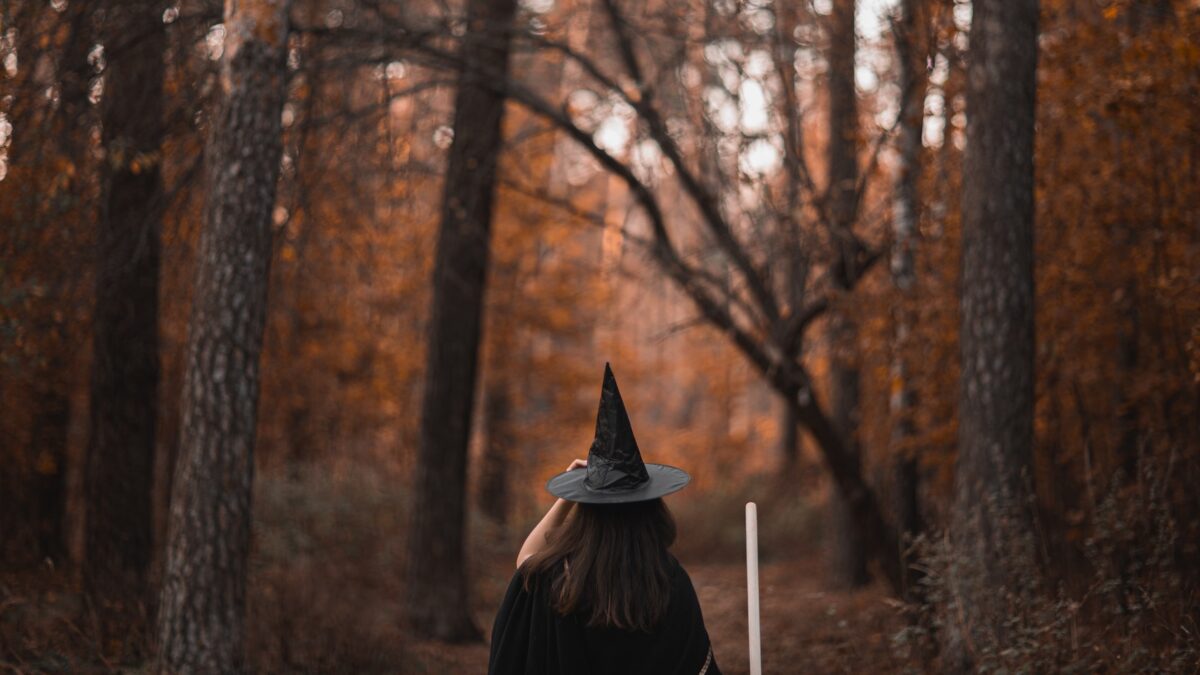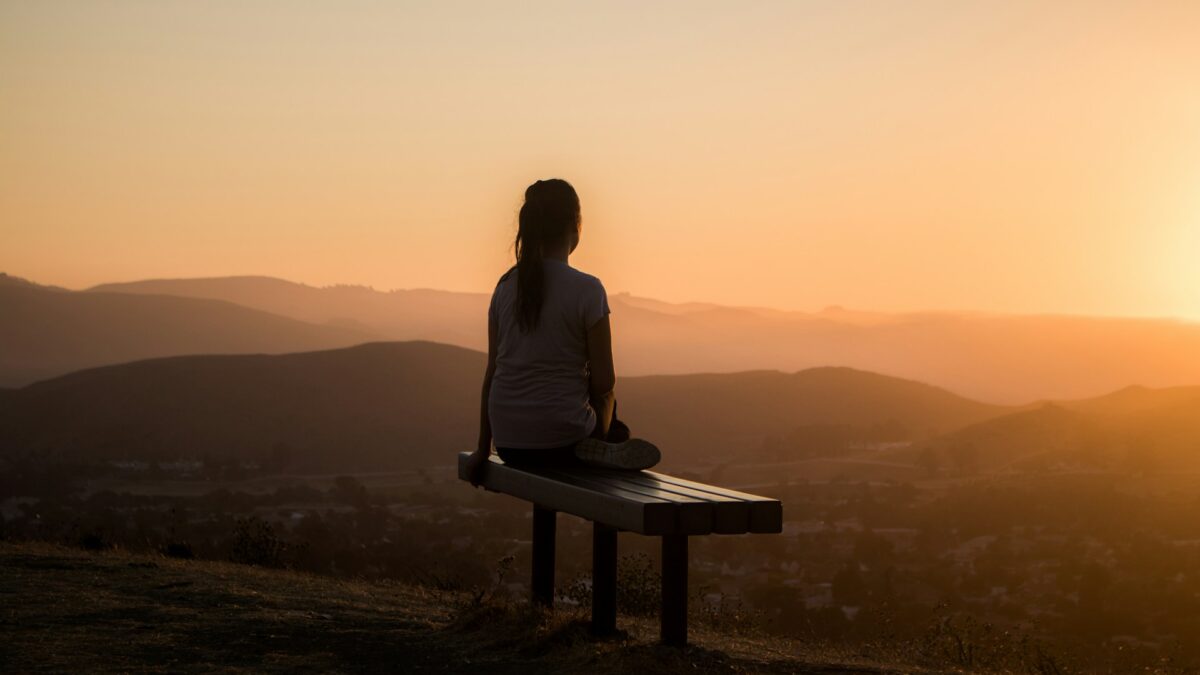In a recent New York Times editorial, Ross Douthat called into question the naive, materialist readings of the new statue of a female pagan deity that was installed outside the New York courthouse. To those who think experimenting with “magic” and “spirituality” is a mere form of “playacting,” he warns of certain dangers that are “skated over in a lot of American spirituality,” urging people who think the statue is a mere ode to female empowerment to be “really careful in your openness and not just taking the beneficence of the metaphysical realm for granted.”
As someone who dabbled in witchcraft as a teen and has since “seen the light,” I found that Douthat’s words resonated deeply. I wonder how my own path may have turned out differently had I read his piece 20 years ago.
I got involved in witchcraft and occult practices after reading “Harry Potter” when I was about 10 years old. That said, I’m not the kind of Christian who thinks reading stories about witches and spells is intrinsically evil and that “Harry Potter” should be totally banned (book bannings usually end up having the inverse effect, anyway). But as Douthat indicates, the American materialist ideology that deems books like “Harry Potter” to be “neutral” and the stuff of pure fantasy overlooks the spiritual realities that the book taps into and the risks they carry with them.
For context, I grew up in a Greek family that is culturally Orthodox Christian and dabbled in folk witchcraft. In a lot of ways, I thought the rituals we took part in at church overlapped with the occult practices my grandmother and cousin did. There was something mystical, or as Charles Taylor would say, “enchanted,” about all of it, and it fascinated me. It filled me with the sense that there was more to life than meets the eye and that spirits were indeed present in our midst. Both Eastern Orthodoxy and witchcraft served as escape hatches to the stifling, unimaginative confines of bourgeois suburban materialism.
Several of my family members had a sort of spiritual “sensitivity.” I have an aunt and uncle who were a nun and a monk, respectively. My grandmother read the future in coffee grounds and turned out to be right about it, and my cousin claims to have received messages from dead family members and to have heard a Marian icon speak to her. My grandmother, whose devotion to Christianity was at best nominal, never saw predicting the future to go against her religion. She and my cousin believed the two traditions complemented each other, forming a syncretic brand of mysticism.
When I read “Harry Potter,” it made me more interested in what I saw my grandma and cousin do. I asked for a Ouija board and tarot cards for my birthday. I started checking my horoscope every day and tried learning spells.
Eventually, things took a darker turn, and we decided to put the Ouija board and tarot cards away for a while. After converting to Catholicism several years later and starting to experience what some call “spiritual warfare,” the biblical concept of fighting against evil spiritual forces, I decided to stay far away from anything related to witchcraft or the occult.
If my family hadn’t been involved in witchcraft, would “Harry Potter” have inspired me to look further into occult practices and casting spells? Probably not. And even if I had decided to try waving around a wand and muttering some jibberish Latin words, nothing would have really happened — in the same way that very little is likely to happen when you pray a rosary without meaning it or without having already established a basic spiritual consciousness. More often than not, one needs to already have some kind of experience of the spirit world or an innate sensitivity in order for those practices, monotheistic or occultic, to begin to have an effect on them.
That said, parents and educators do need to be warier of kids experimenting with the occult. Douthat is not the only one urging us to question America’s materialist proclivities, as other young writers such as Esme Partridge and Katherine Dee are challenging the neutrality narrative toward popular forms of witchcraft.
More and more popular entertainers make reference to occult symbols, practices, and themes. The culture, in general, is moving further toward a sense of nihilism that borders on the demonic. In some circles, it’s considered “woke” to be a witch. Reading tarot cards, consulting psychics, and playing with crystals are in. Thus, we can’t afford to be naive.
Phenomena like the new statue in front of the New York courthouse and the popularity of “Harry Potter” and #TikTokWitches also imply a call to those who adhere to traditional monotheistic religions to take more seriously the spiritual needs of young people growing up in an increasingly “disenchanted” age.
Ultimately, what keeps me from playing with witchcraft is the certainty that Christianity promises me a kind of hope and meaning that the occult could never give me. I find it much more satisfying to conform my will to that of a loving Creator and to receive what He chooses to give me rather than conjuring spirits that would help me manipulate and impose my will onto reality.
Many young people flock to these trends precisely because their religious formation was flat and underdeveloped and did not speak adequately to their need for meaning. Rather than banning risky forms of occult spirituality, of more use to young people would be to help them see and experience how the promises that the monotheistic God offers them far surpass the false promises of witchcraft and ungodly spirits.









